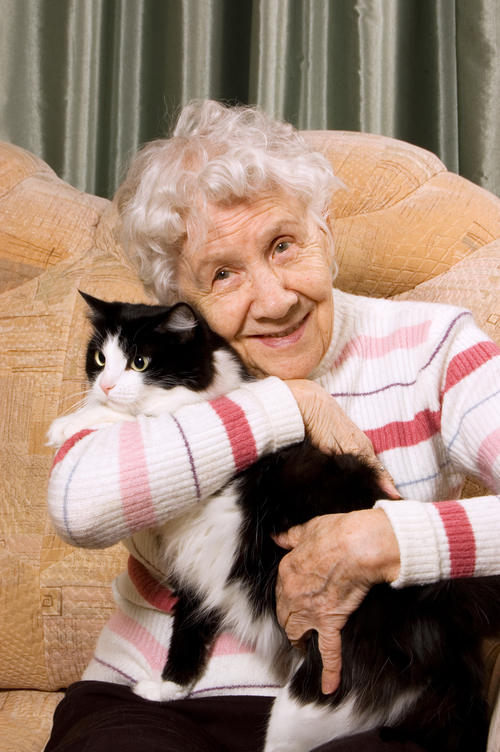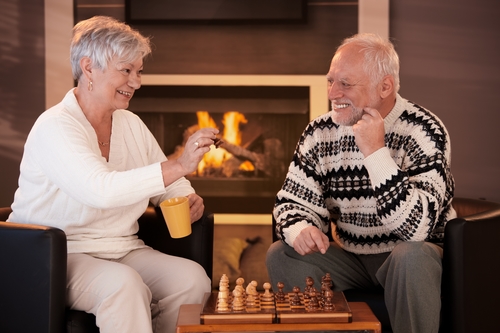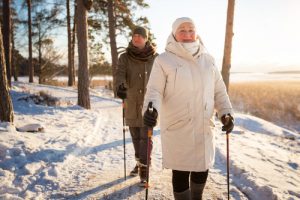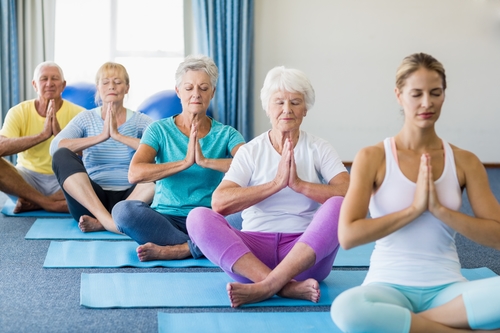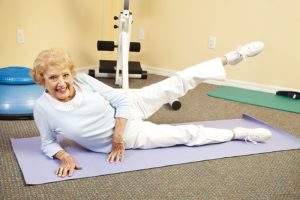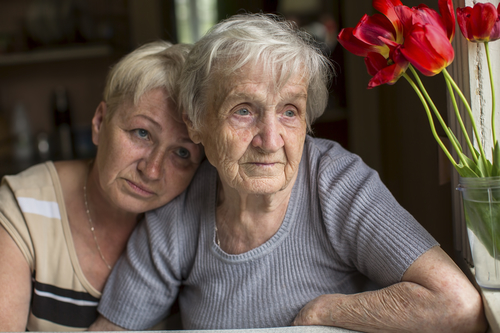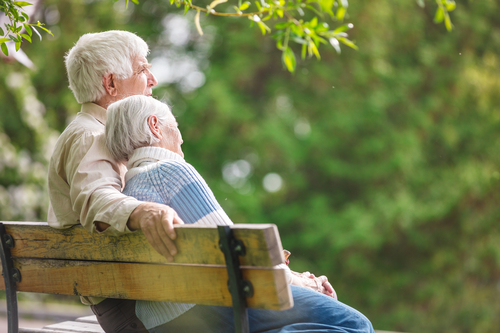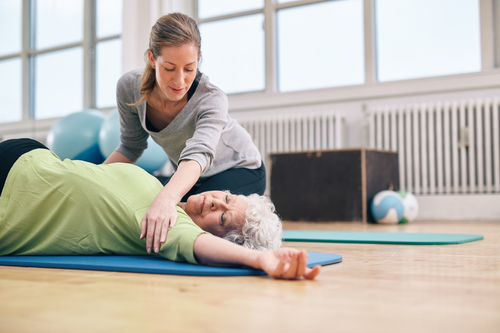
A big concern that the elderly have is falling, and rightfully so. One wrong fall and there can be a lot of pain and recovery time. But what if you could learn how to fall in a way that minimizes damage? The Dutch is teaching a class about learning how to fall properly.
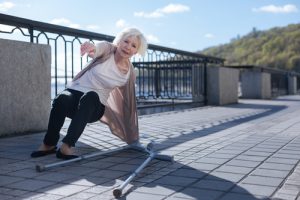
Learning How to Fall
The class in Leusden, Netherlands is unassuming. It almost looks like a kid’s gymnastic class with large mats and obstacle courses in a community center.
Though the participants are not kids, the age range in the class is between 65 and 94. But don’t mistake them for frail, many arrive by riding their bikes, others can walk independently with walkers or canes.
The course has the “Belgian sidewalk,” a wooden contraption designed to simulate loose tiles; a “sloping slope,” ramps angled at an ankle-unfriendly 45 degrees; and others like “the slalom” and “the pirouette.”
This is for practice on difficult terrain where a fall is likely to happen.
There are many of these classes across the country and have gained popularity quickly. Falling classes is a recent idea, blossoming within a decade, it has gotten so popular that some insurances will cover it and the Dutch government rates them.
The class meets twice a week, on Tuesdays they gain confidence by walking the course over and over again. Thursdays are for learning how to fall in a way that minimizes damage.
First, they slowly lower themselves onto the mat, and then over the course of a few weeks, learn how to fall.
A pleasant side effect of this course is the socialization it provides to the students. Having somewhere to go twice a week and meeting others their age can help with feelings of loneliness and isolation. Watching each other fall, laying on the mat in funny poses, causes them to giggle like children. There are jokes, teasing, and lots of laughs.
Read more here.


